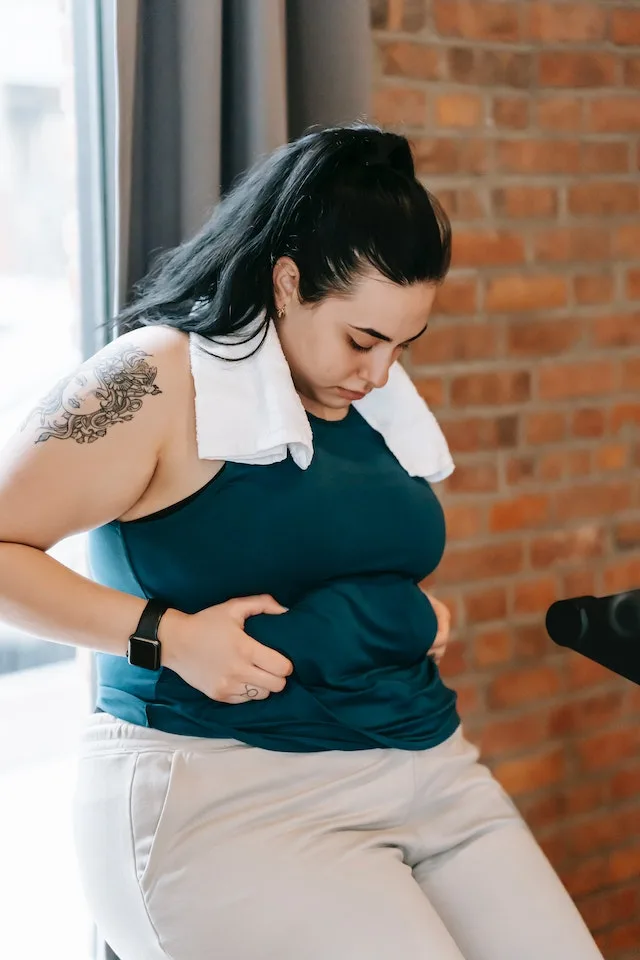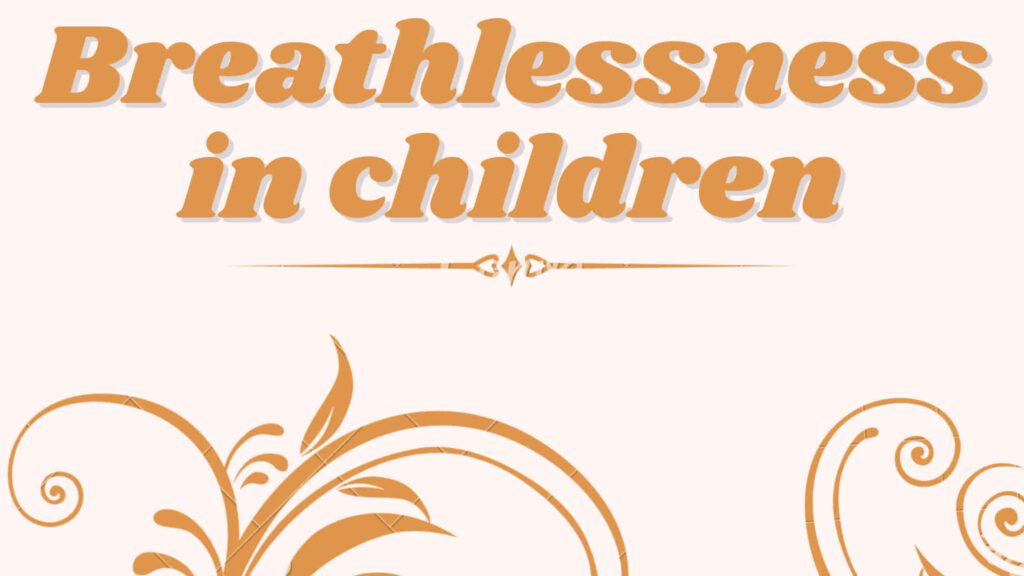Table of Contents
Overview
I had a sharp pain in my lower right abdomen when I coughed or sneezed. It was like a stabbing pain and it only occurred at the bottom of my rib cage. It made me think that I could have pulled something, but I wasn’t sure what to do next. This post will help you understand why your abdomen hurts after coughing and what you can do to alleviate the pain.
First thing is to find out if it’s actually just an abdominal muscle strain (which is very common) or if there might be something more serious going on. If there are any symptoms other than the abdominal pain with cough, such as nausea, vomiting, fever, jaundice (yellowing of skin), bleeding in the vomit or stool and/or chills, go see your doctor immediately.
Irritable Bowel Syndrome (IBS)
IBS is a common health condition that affects the large intestine. When you have IBS, it can cause pain in your lower right abdomen when coughing or sneezing. There are many reasons why your lower abdomen may hurt. When you cough, but if the pain becomes unbearable and continues to occur, it’s best to make an appointment with your doctor.
IBS and pregnancy
IBS is an acronym for Irritable Bowel Syndrome, which can make a person’s abdomen hurt. When they sneeze, cough or laugh. IBS may also cause diarrhea and constipation. A pregnant woman should see their doctor if they have abdominal pain during pregnancy. Because it may be an indication that the woman has preeclampsia. Preeclampsia is a pregnancy-related condition where blood pressure becomes too high. There are signs of damage to other organs like the liver and kidneys, and protein appears in the urine. If these symptoms are not treated by 24 weeks of gestation. There is an increased risk of delivering prematurely.
Diet
If you experience pain in your lower right abdomen, it may be related to what you eat and how much. Common causes of abdominal pain include Bloating (gas), constipation, diarrhea, or food poisoning. Diet is one way to help determine the cause of your abdominal pain. If you experience sharp pain in your lower right abdomen with each cough or sneeze, try tracking. What you eat and drink for several days to see if any patterns emerge.
If your symptoms appear right after eating a meal, there may be a connection between what you ate and abdominal pain. There may also be an allergy associated. Gas is common for people who eat foods high in carbohydrates, such as pasta, potatoes, rice and bread. This can cause sharp pain in your lower abdomen. Consuming gas-forming foods causes air to build up in your stomach and intestines. When you belch or pass gas, it releases some of that pressure through an opening called the pylorus valve located at the bottom of your stomach.
Other causes of abdominal pain
There are many reasons why abdominal pain may occur. The following is a list of other causes of abdominal pain that can mimic symptoms of appendicitis, but are not life-threatening and do not require surgery. – Constipation or diarrhea: constipation leads to pain in the lower abdomen while diarrhea is associated with abdominal cramping. – Gallstones: these form in the gallbladder, which is located under the liver and produces bile for digestion.
Sometimes, Abdominal or Inguinal Hernia can also cause pain while coughing and straining. Hernia can be seen externally also. The treatment for hernia is surgery. Preferred surgery is Hernia Reduction surgery.



